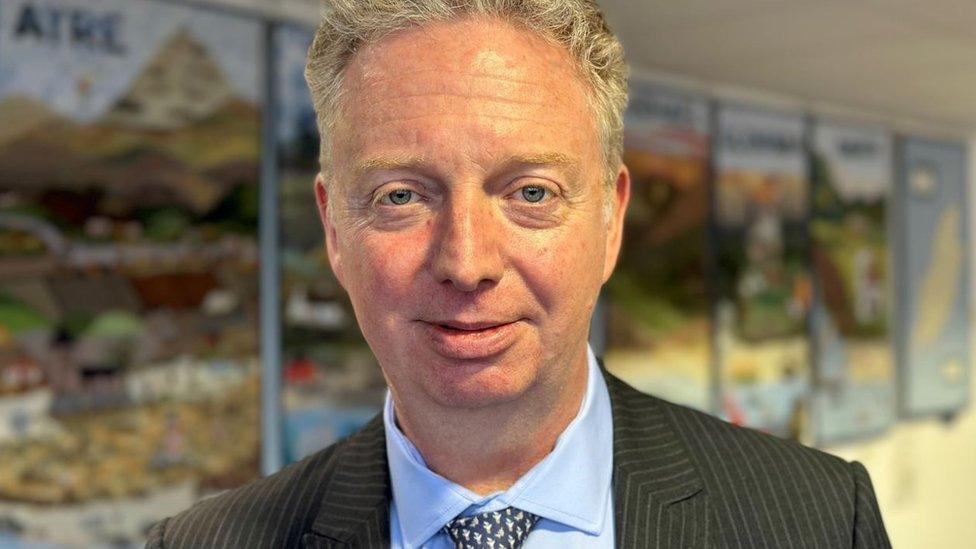Plans for healthcare levy to boost income dropped
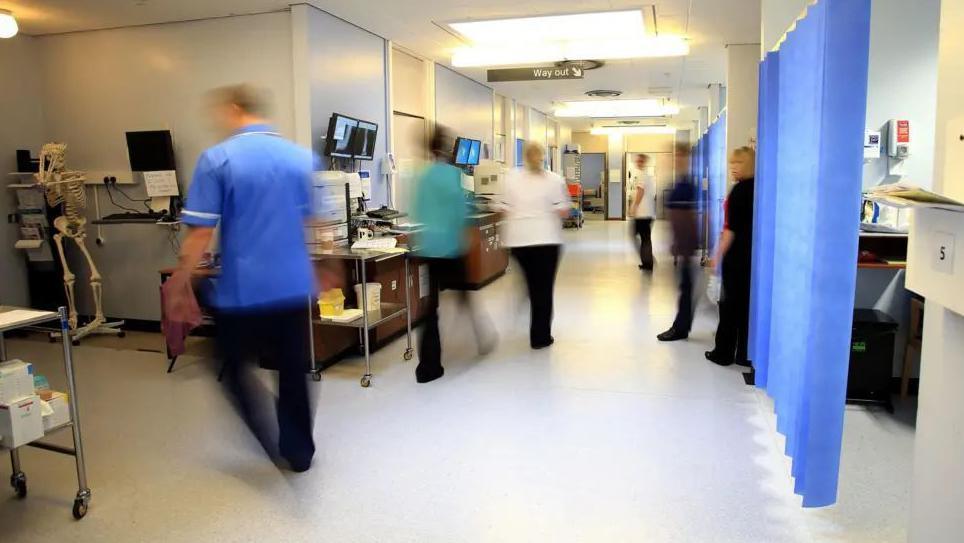
A public consultation on the levy attracted more than 3,800 responses
- Published
Plans for a healthcare levy to generate an extra £28m a year in funding for health services have been dropped by the treasury.
The new charge would have been deducted from people's incomes through the existing tax return system, in response to rising healthcare costs.
The move follows a consultation about the proposed levy launched in March, which received more than 3,800 responses.
Although the results of the survey are yet to be published, Treasury Minister Alex Allinson said the survey had helped to "gauge public appetite" on the charge.
"Questions and concerns regarding any proposed new NHS funding stream were inevitable, and the consultation has been useful in clarifying thinking that will help inform options in the future," he said.
Under the proposals the charge would have applied regardless of age, with people taxed on income, including some not currently subject to personal income tax such as lump sums on retirement, war pensions, TT homestay payments, mortgage interest relief, and several social security benefits.
The proposed levy had faced criticism from the Isle of Man Medical Society, which said it would have a "regressive impact on vulnerable people".
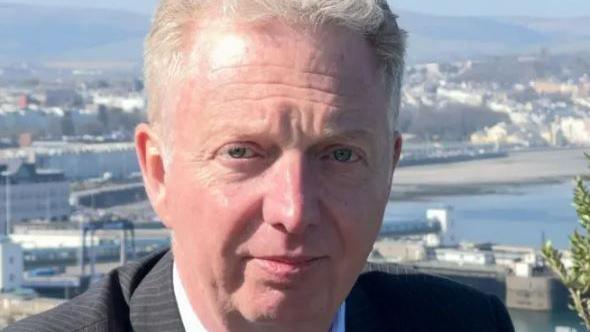
Alex Allinson said the levy would not be progressed by the current government administration
Plans for the levy were first introduced by the treasury minister in 2024 as he announced a 2% rise in the higher rate of personal income tax, to generate a £20m boost for health from April that year.
That was reduced by 1% to 21% in the 2025-26 financial year, with additional money in the annual NHS Allocation from National Insurance contributions plugging the gap.
It was predicted the new levy would raise about £8m more than the previous 2% income tax rise had been expected to, it said.
The Department of Health and Social Care (DHSC) confirmed earlier this month it was already forecasting a £2.7m deficit in the first quarter of the year.
That followed Manx Care overspending by £15.3m in the previous financial year.
Allinson said the "increased financial and demand pressures" on health services were "well documented" and the island was "clearly not alone in examining how it can sustain vital frontline services into the future".
He confirmed his department was working with the DHSC and Manx Care on a "specialist financial recovery programme".
The minister said this had been designed to "complement" the existing cost improvement programme as well as "drive better value for money and deliver reform through the expansion of community services".
Details on the feedback shared during the 12-week consultation process would be published at a later date, Allinson said.
Get in touch
Tell us which stories we should cover on the Isle of Man
Read more stories from the Isle of Man on the BBC, watch BBC North West Tonight on BBC iPlayer and follow BBC Isle of Man on Facebook, external and X, external.
Related topics
- Published17 September
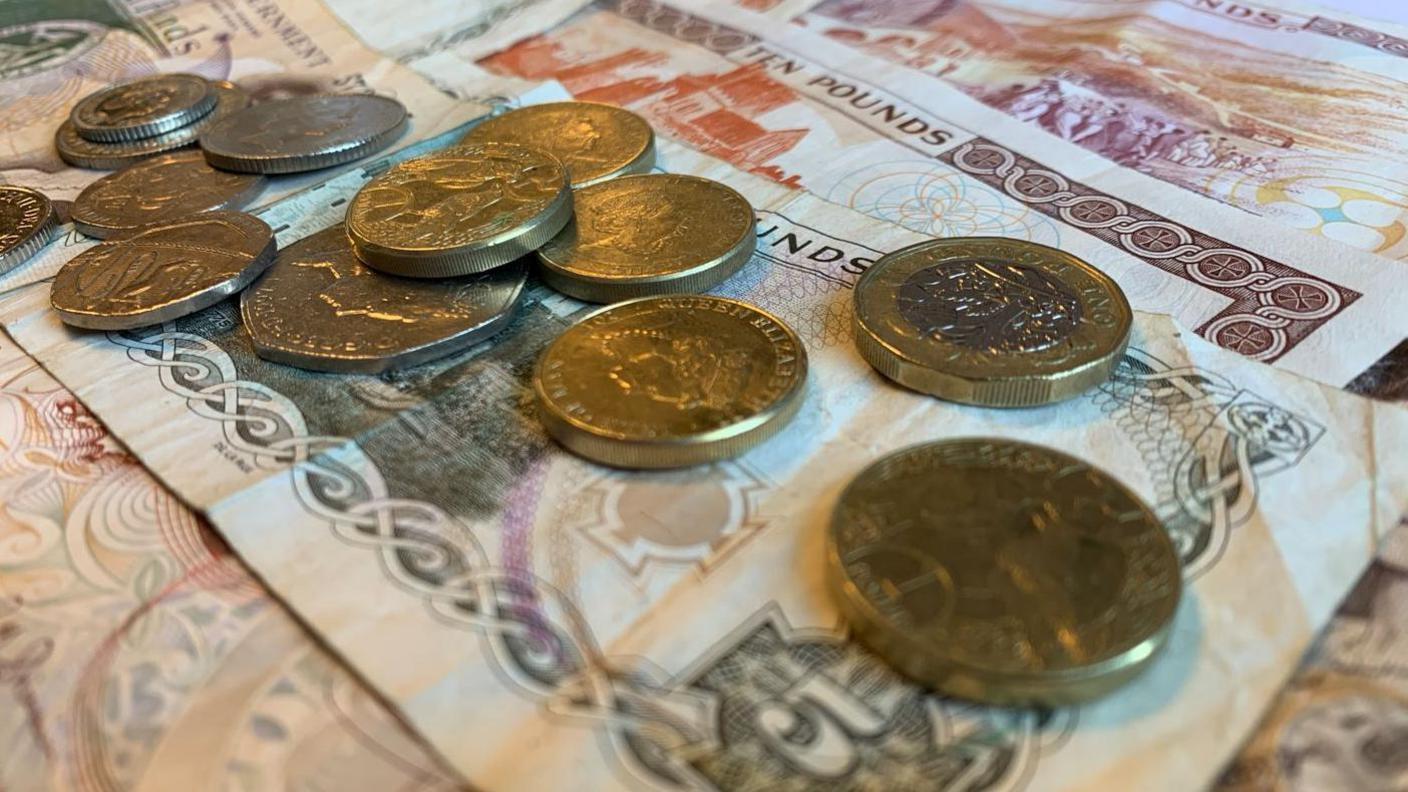
- Published14 July
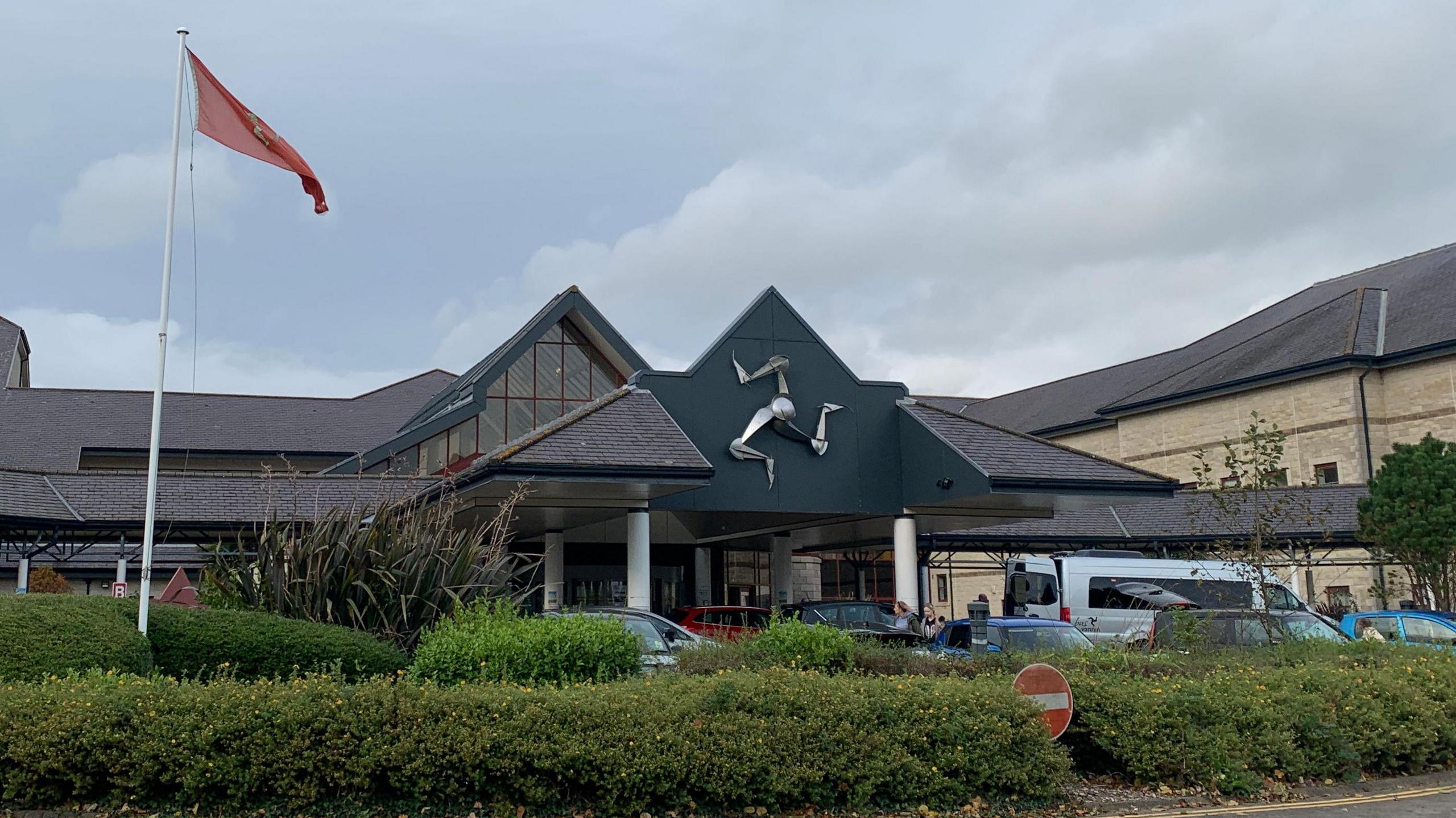
- Published13 April

- Published7 April
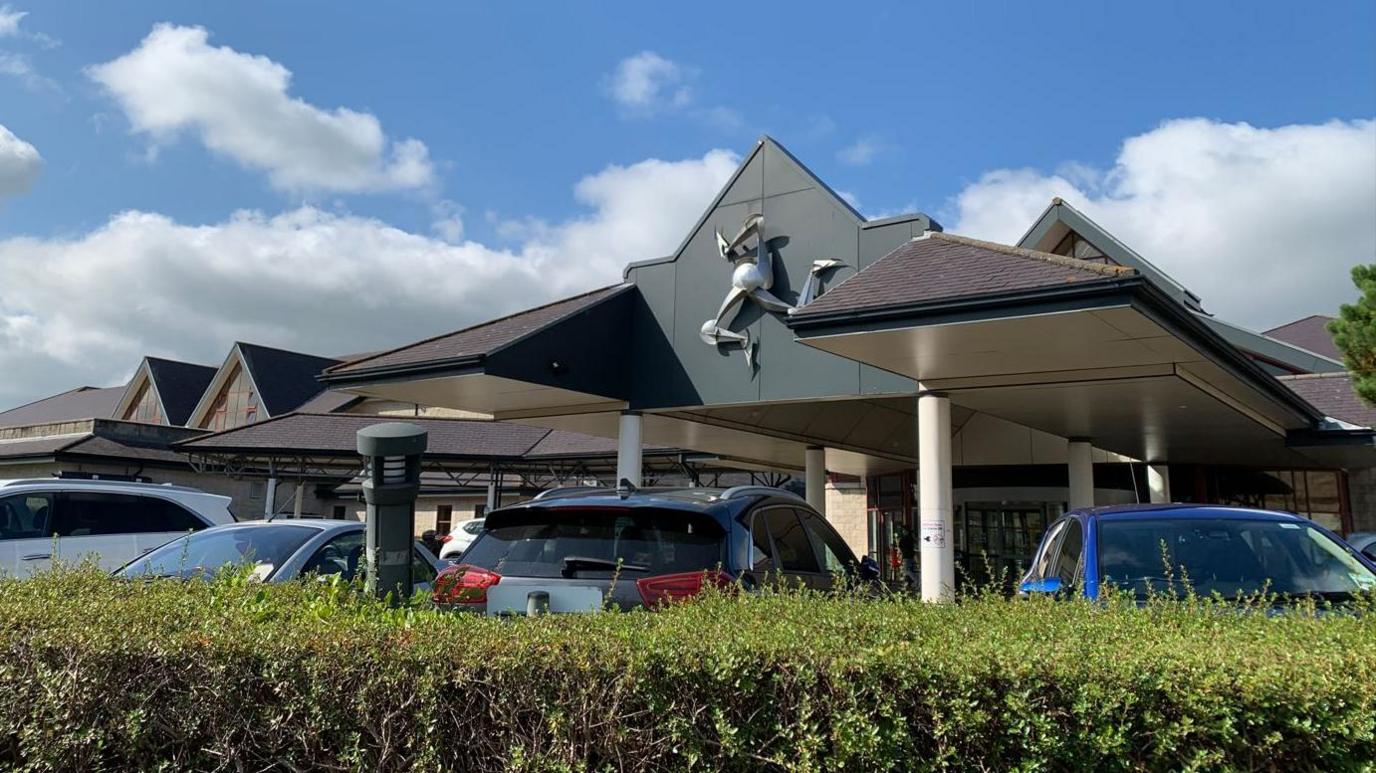
- Published28 March
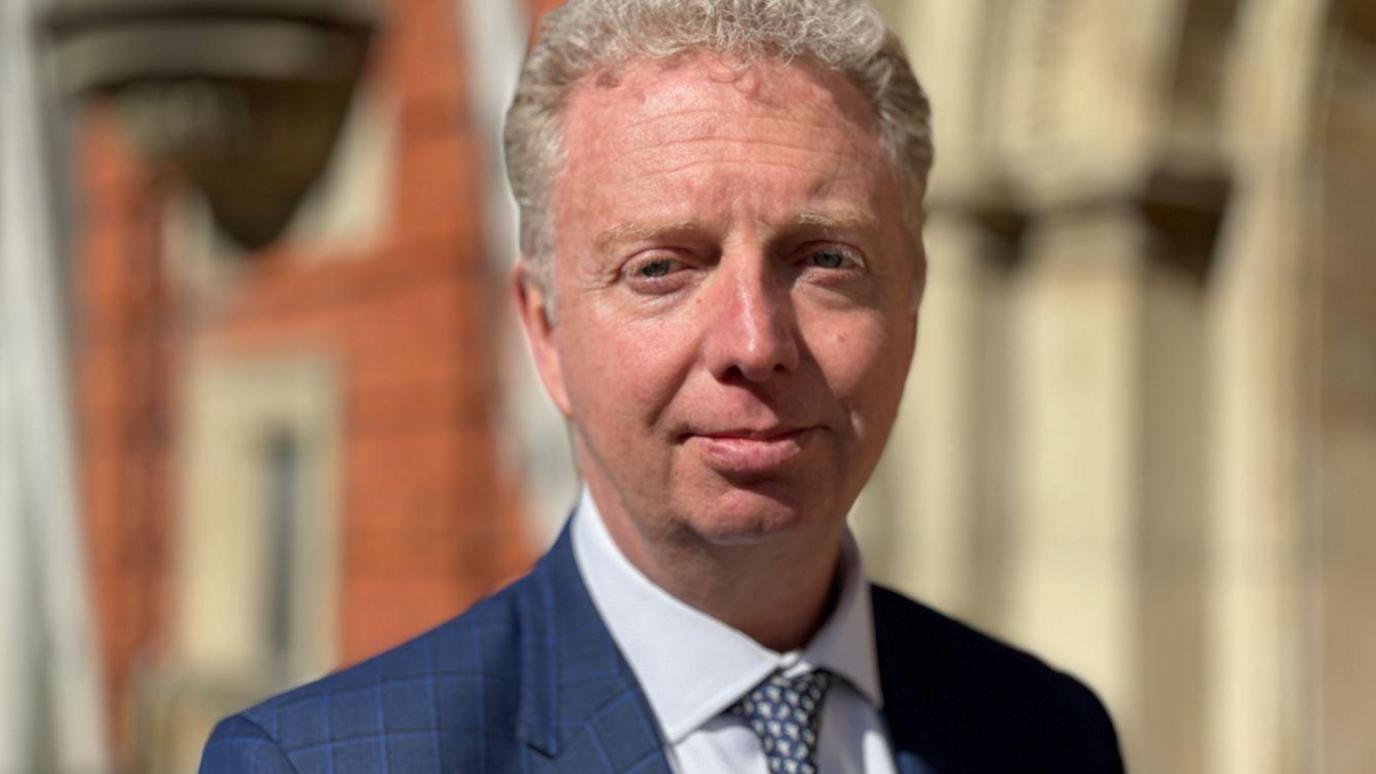
- Published27 March
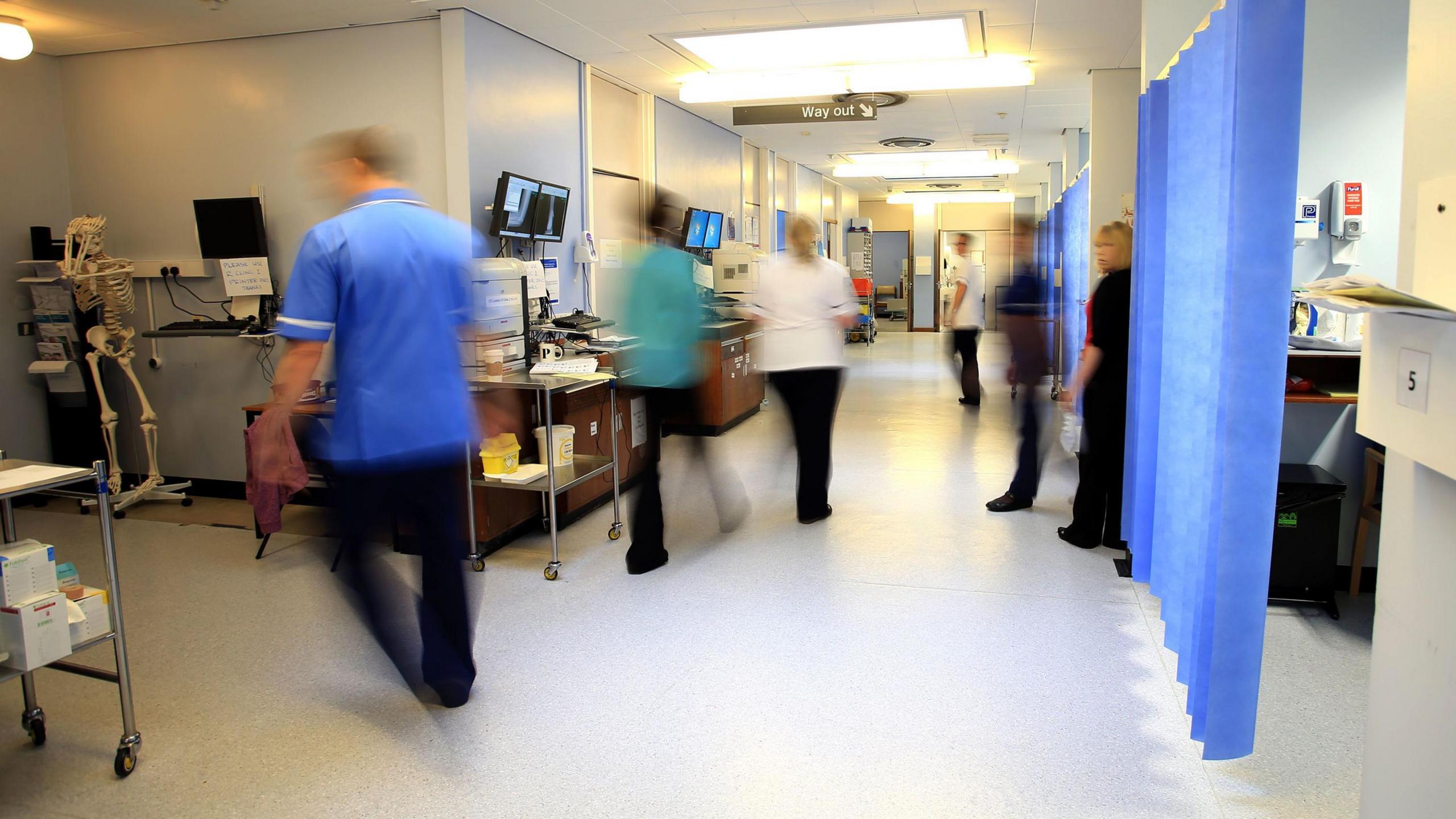
- Published14 November 2024
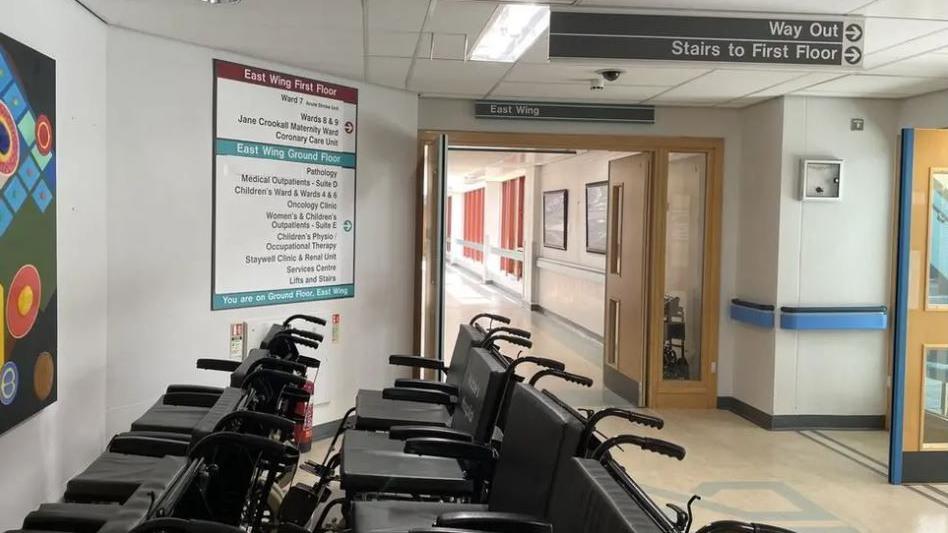
- Published20 February 2024
